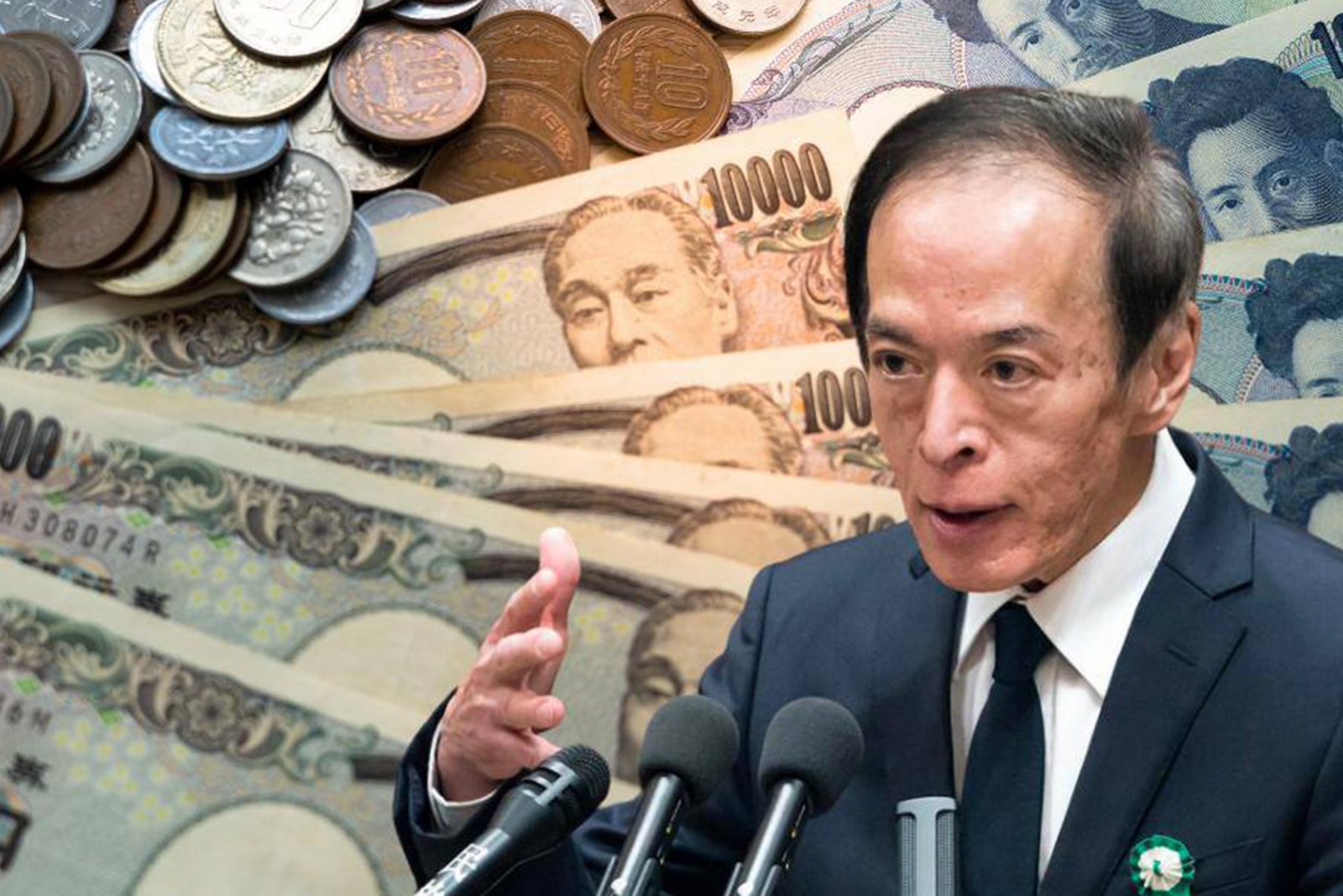What is the impact of Japan's interest rate hike on asset markets?
What is the impact of Japan's interest rate hike on asset markets?
Japan as one of the world's largest economies, the yen is also one of the world's major currencies, the Bank of Japan to end the negative interest rate policy and quantitative easing adjustment, the abolition of 10-year Japanese government bond yield curve control, stop buying Japanese ETF and Japanese real estate (J-REIT) measures, what impact may be on the asset market?
Since 2020, the interest rate of Japan is much lower than that of other countries. Investors will make spread trade through the spread trade, that is, investors will lend funds in countries with low interest rate 🪄 and invest in countries with high interest rate to earn the spread. A large part of the world's funds have been invested in this trading market and have obtained rich returns due to the increase of interest rate in Japan and the impact of exchange rate changes. Hot money from around the world would flood back into Japan and in the short term could have a ripple effect in global money markets, leading to a global capital shakeout.
Developing country
Developing countries that rely on Japanese capital will be negatively affected, especially until the tightening cycle in the United States is over, and capital outflows from emerging markets could lead to financial crises in some countries.
Bond market
Japan is the largest holder of U.S. debt and when investors withdraw from global bond markets such as U.S. Treasuries, it affects the global bond market.
Yield rise
Removing the YCC policy, under which the BOJ kept yields low by buying long-term government bonds, would mean interest rates would be more dependent on supply and demand, potentially pressuring longer-term government bond prices ️ yields rising.
Japanese stock market
The removal of ETF and REITs purchases means that the Bank of Japan has reduced its support for the stock market, which could have a negative impact on Japanese stocks
It is important to note that Japan is only ending the era of negative interest rates rather than ending the era of low interest rates, so the impact on Japanese and global asset markets will be limited for the time being.
Previous Article Next Article


 Whatsapp
Whatsapp Telegram
Telegram
